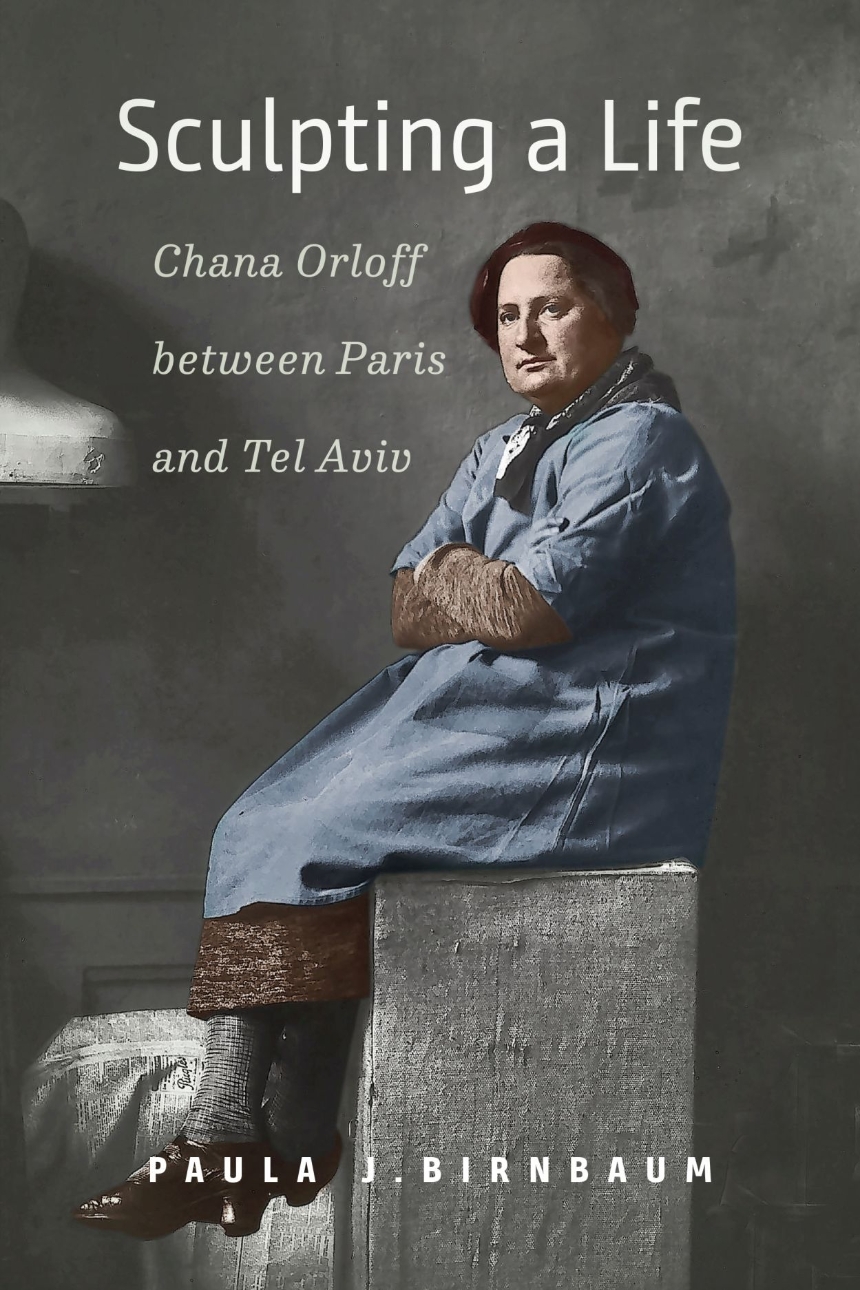
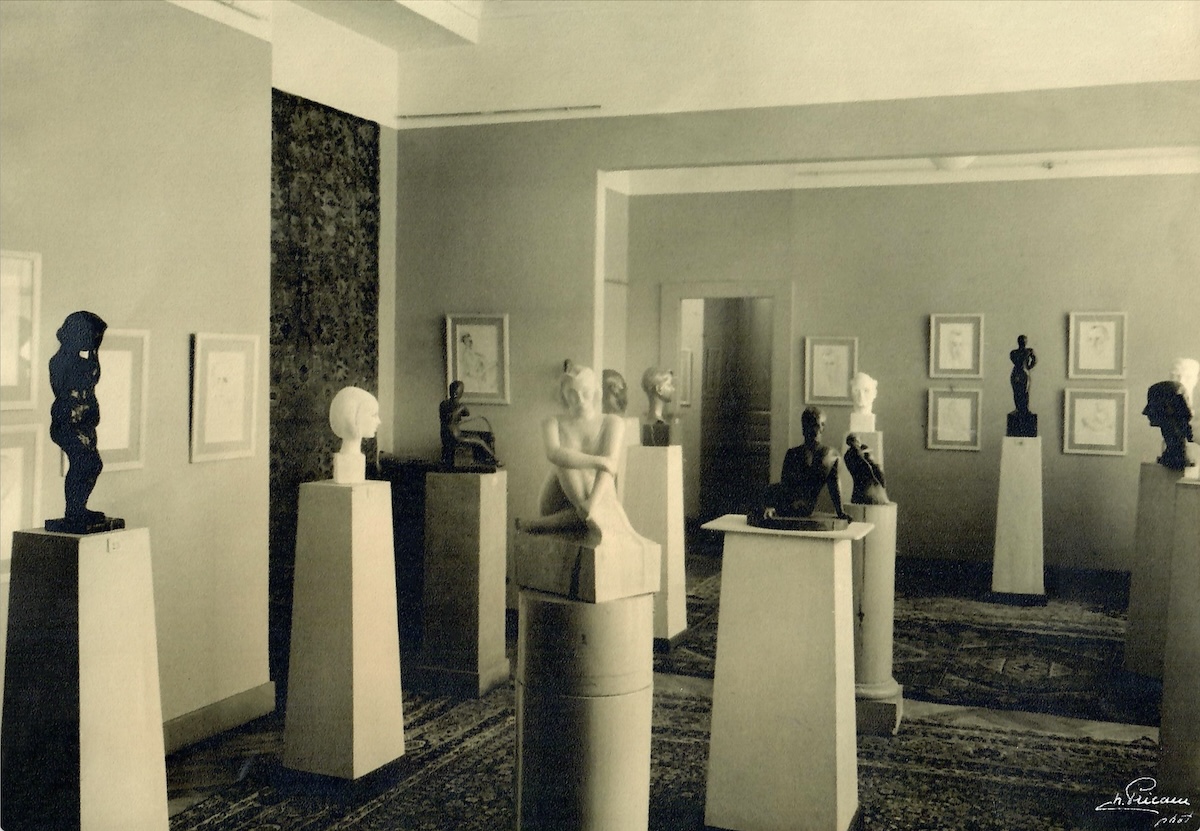
Sculpting a Life: Chana Orloff during Occupation, Escape, Exile, Return (1938-1949)
Presentation by Paula J. Birnbaum, San Francisco (CA)
October 23, 2024 @ 12:00 pm - 1:00 pm
| FreeThis talk analyzes the Ukrainian born French sculptor Chana Orloff’s (1888-1968) perseverance and tremendous sacrifices during World War II, when the Nazis came to her studio, stole much of her work, and brutally vandalized what they left behind. Her tenacity led to her narrow and difficult escape from Paris first to the south of France and then on to Geneva with her young adult son, who was disabled. The presentation explores how Orloff managed her life and career under Nazi Occupation in Paris for two years, when she was among the many French and foreign-born Jews banned from public spaces, forced to observe a curfew and wear the yellow armband with the Star of David and the word “Juif” written on it. Professionally stifled and prohibited from exhibiting or selling her work, Orloff strategically created what she called sculptures de poches or “pocket sculptures,” that could easily fit in her pocket. Following a dramatic escape through the Alps, Orloff lived over two years in forced exile in Geneva, where remarkably she was able to rebuild her life and career, producing more than fifty sculptures and holding a successful exhibition in 1945 at the Moos Gallery.
Image above: Installation photograph, February 1945. Moos Gallery, Geneva. Courtesy of Ateliers Chana Orloff
When she returned to Paris, Orloff reclaimed her ransacked studio and home which had been officially occupied during the War years. The talk explores how she began to rebuild her professional life with incredible determination, creating powerful works, notable among them, a large sculpture entitled The Return that confronted the horrors of war and dislocation of the Jewish people. Orloff’s tenacity and perseverance in the face of adversity led to her international success, with several important exhibitions in the late 1940s in the United States (New York, Boston, Chicago, and San Francisco. Orloff’s cosmopolitan modernism is contextualized in light of her relationships with international patrons and relationships with museums in France, the United States and Israel that regularly purchased her works.
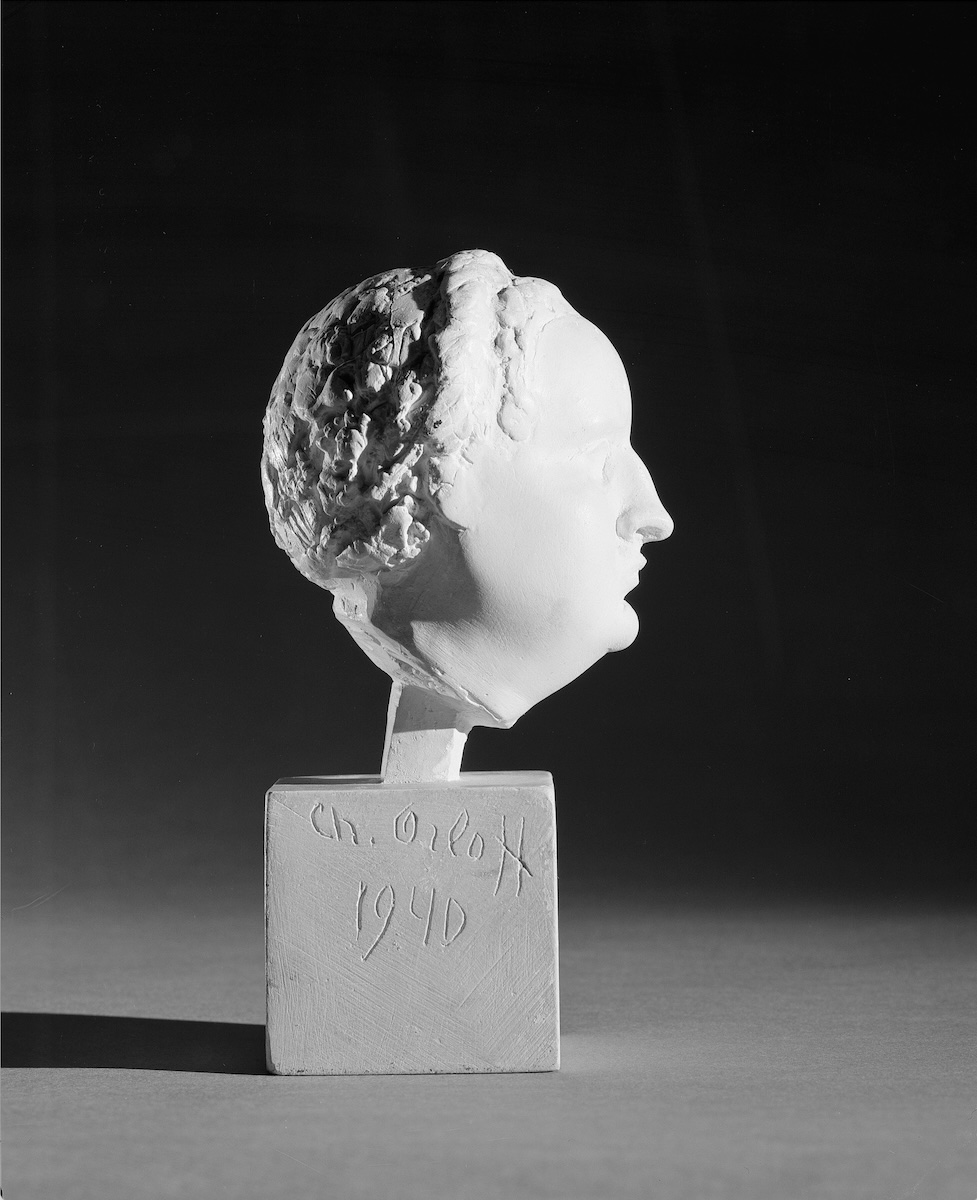
Chana Orloff, Self-Portrait, 1940. Plaster. Courtesy of Ateliers Chana Orloff
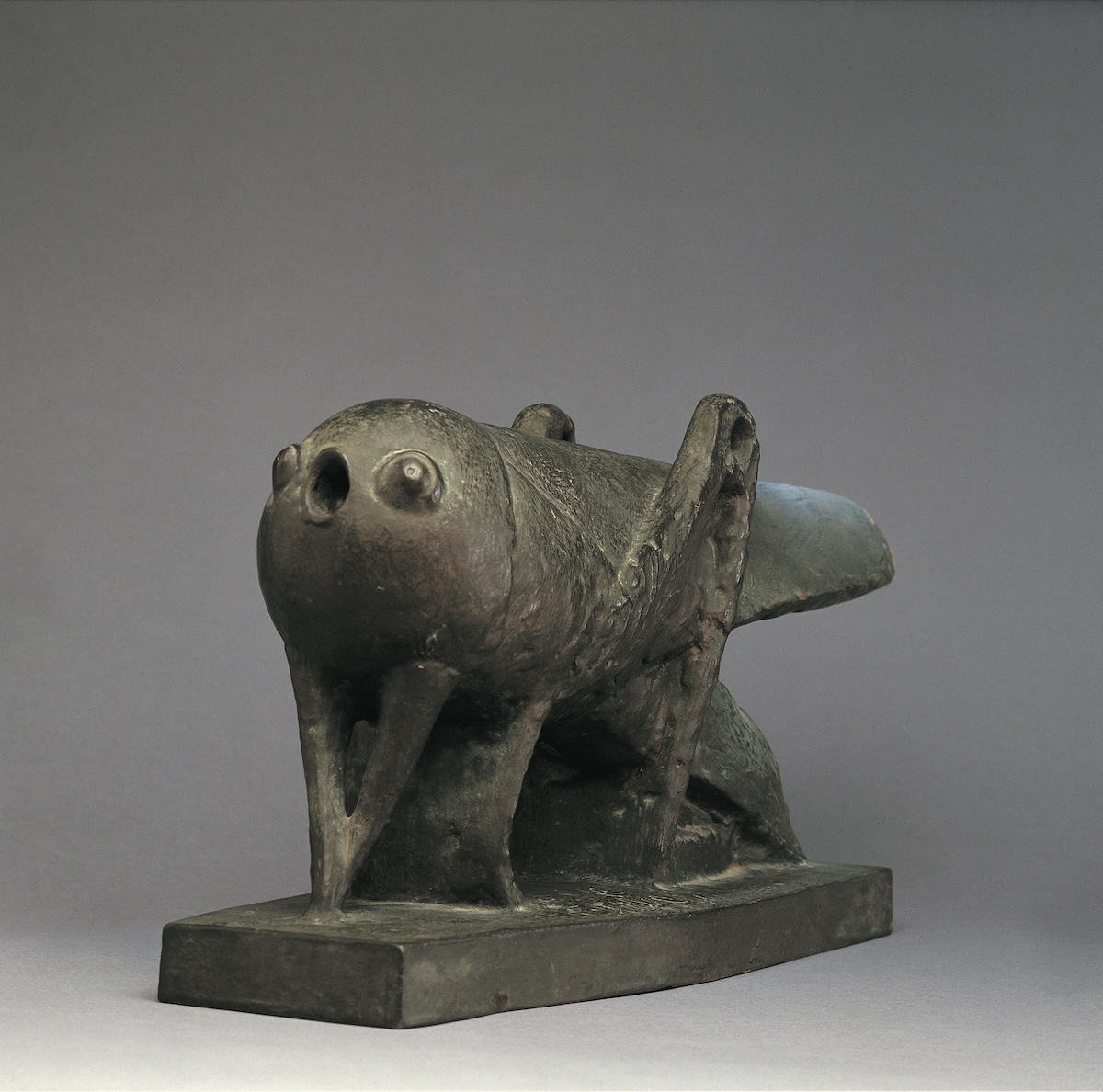
Chana Orloff, Grasshopper, 1939. Bronze. Courtesy of Ateliers Chana Orloff
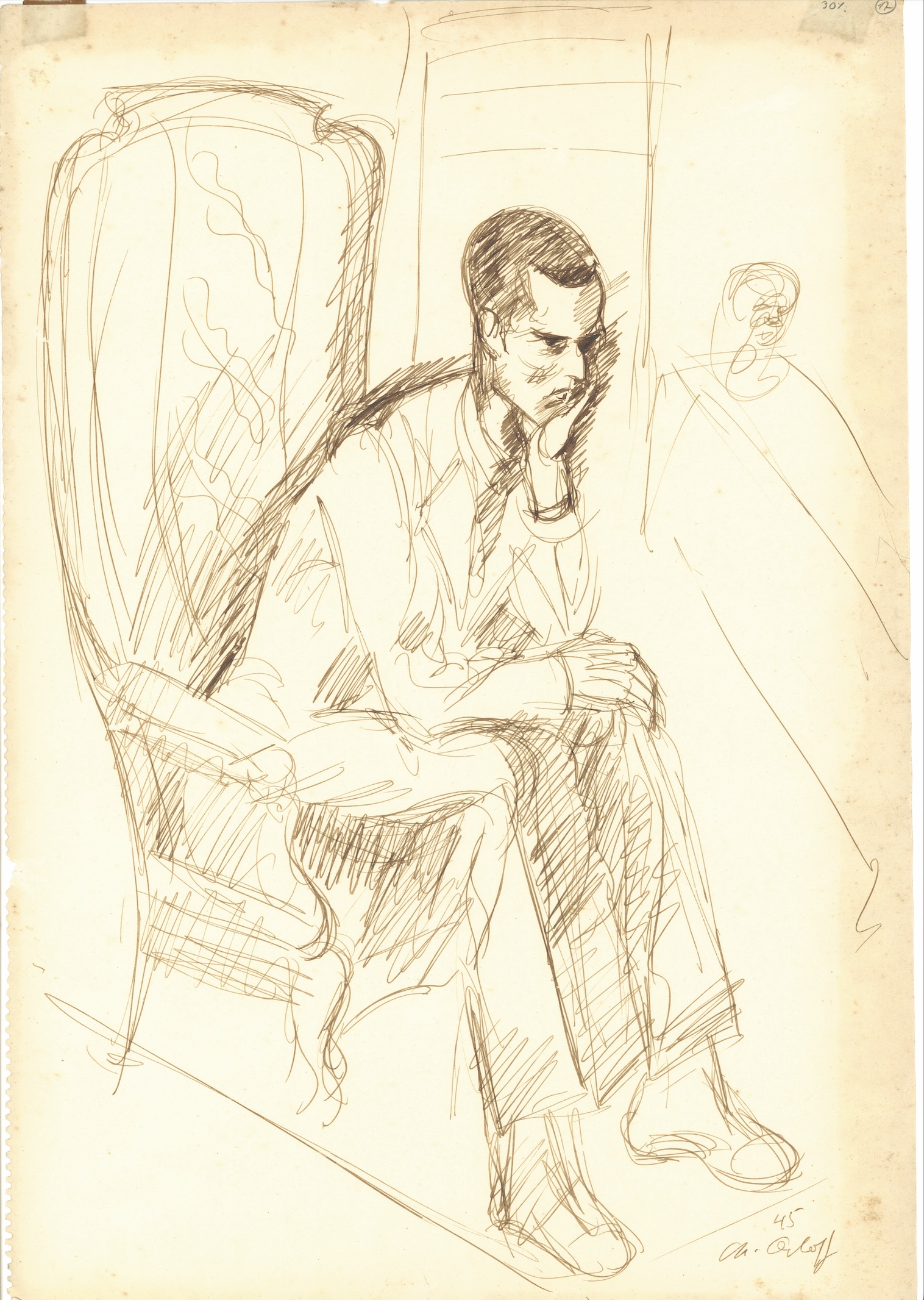
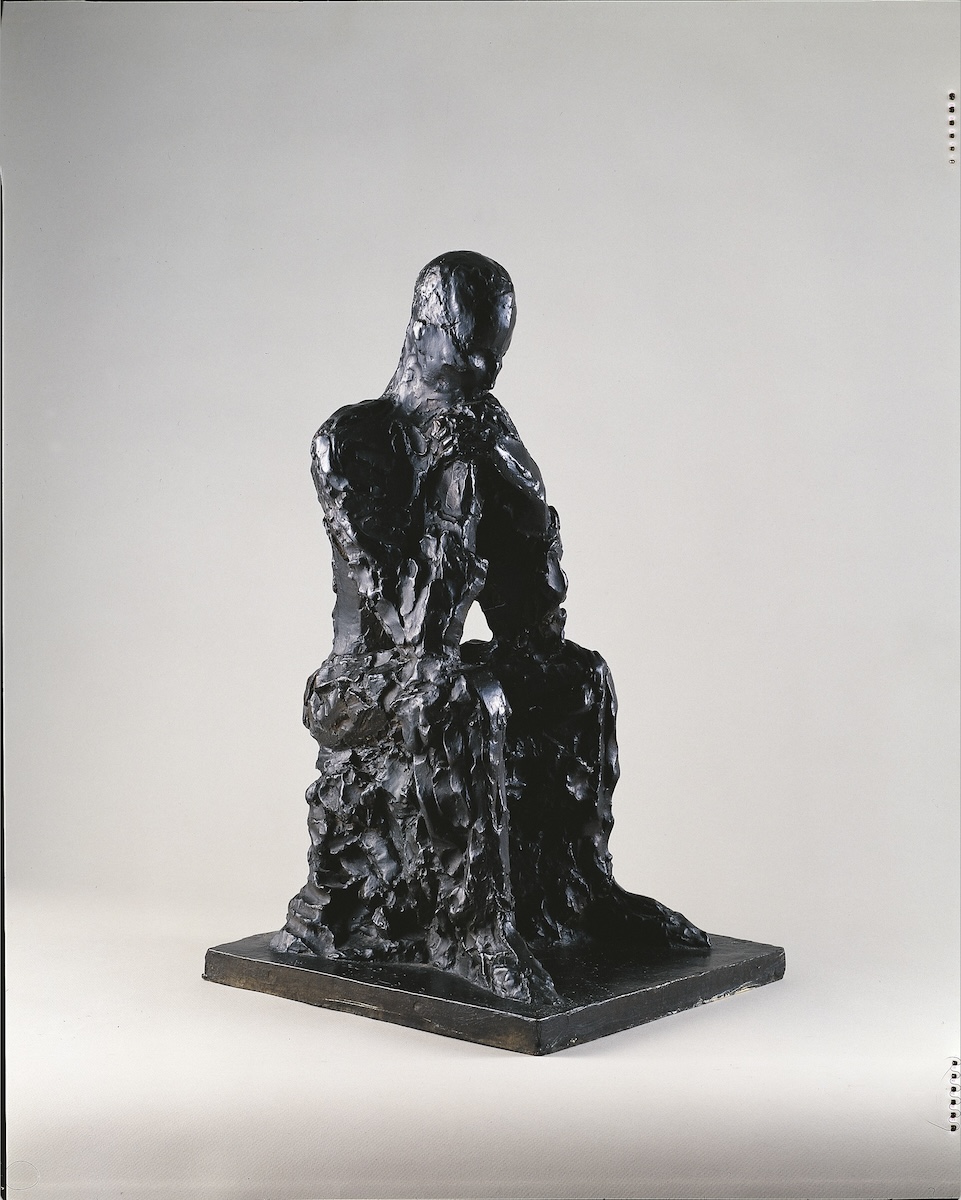
Chana Orloff, The Return, 1945. Bronze. Courtesy of Ateliers Chana Orloff
Paula J. Birnbaum is the inaugural Ann Getty Endowed Chair and Professor of Arts History and Museum Studies and the founding director of at the Museum Studies Master of Arts Program and University of San Francisco. She is a specialist in modern and contemporary art and holds a doctorate in Art History from Bryn Mawr College. Birnbaum is a former Fulbright Scholar in France and fellow at the Institute for Research on Women and Gender at Stanford University.
Her research focuses on modern and contemporary art in relationship to gender and sexuality, as well as institutional and social politics in museum exhibitions. She is the author of, among other works, Sculpting a Life: Chana Orloff between Paris and Tel Aviv (Brandeis University Press, 2023), Women Artists in Interwar France (Routledge, 2011; 2016) and the co-edited anthology Essays on Women’s Artistic and Cultural Contributions 1919-1939 (Edwin Mellen, 2009). Paula is a regular contributor to scholarly journals and museum exhibition catalogs exploring the role of gender and sexuality in modernism.
